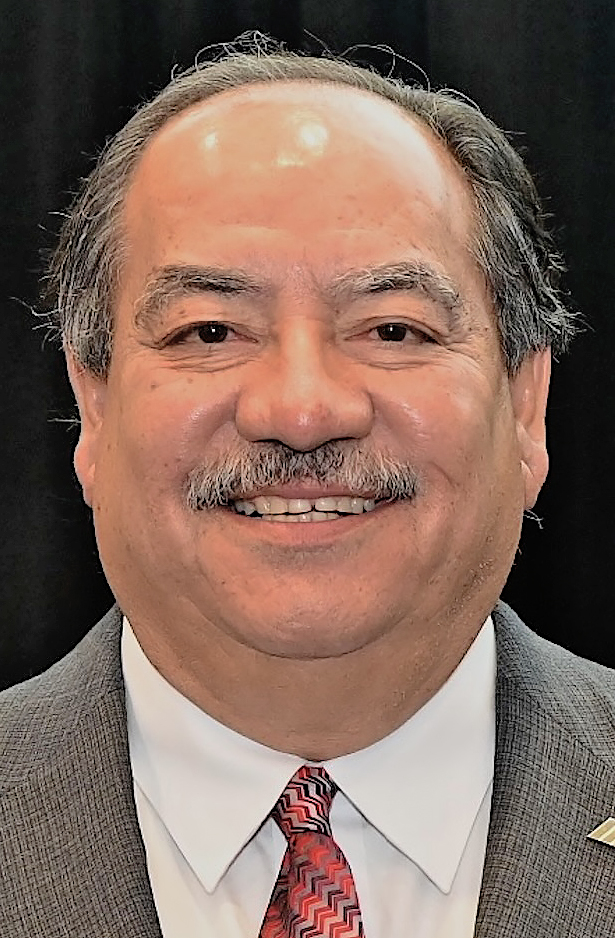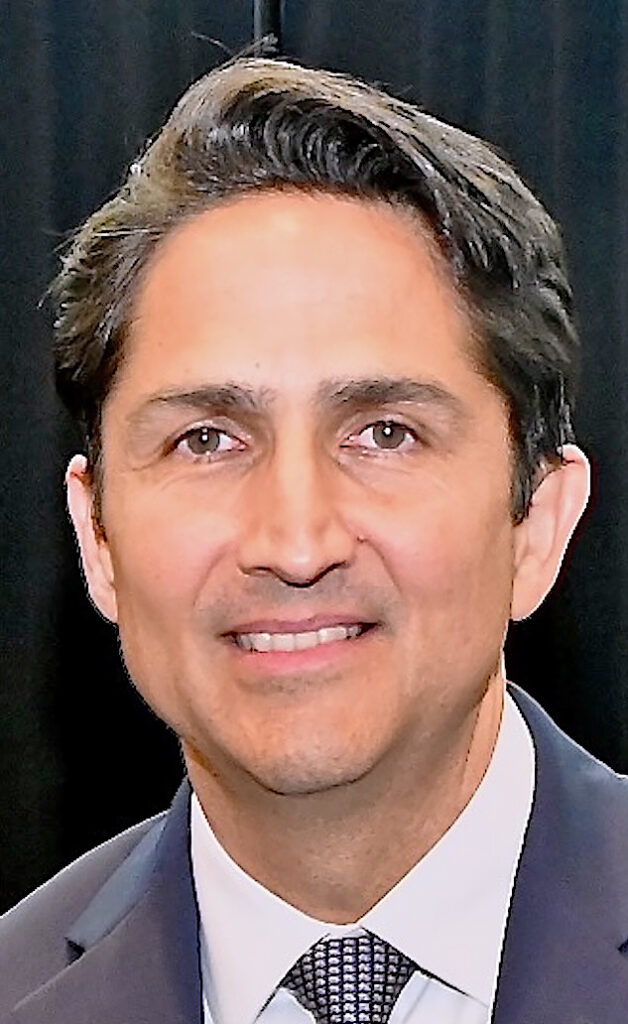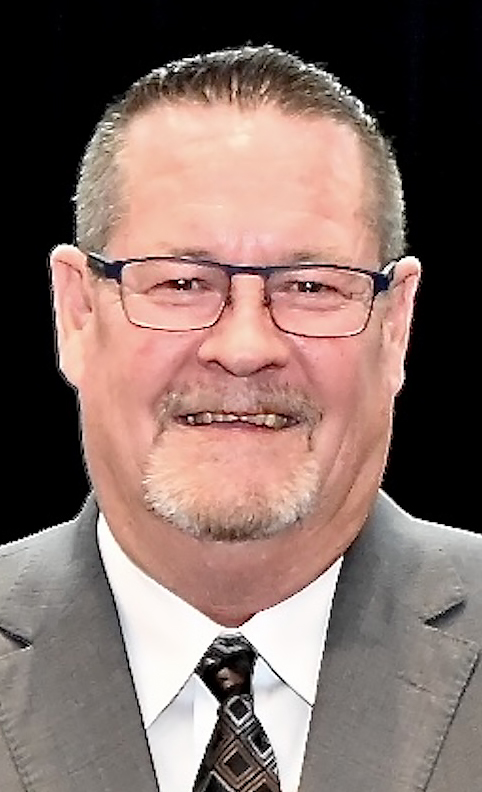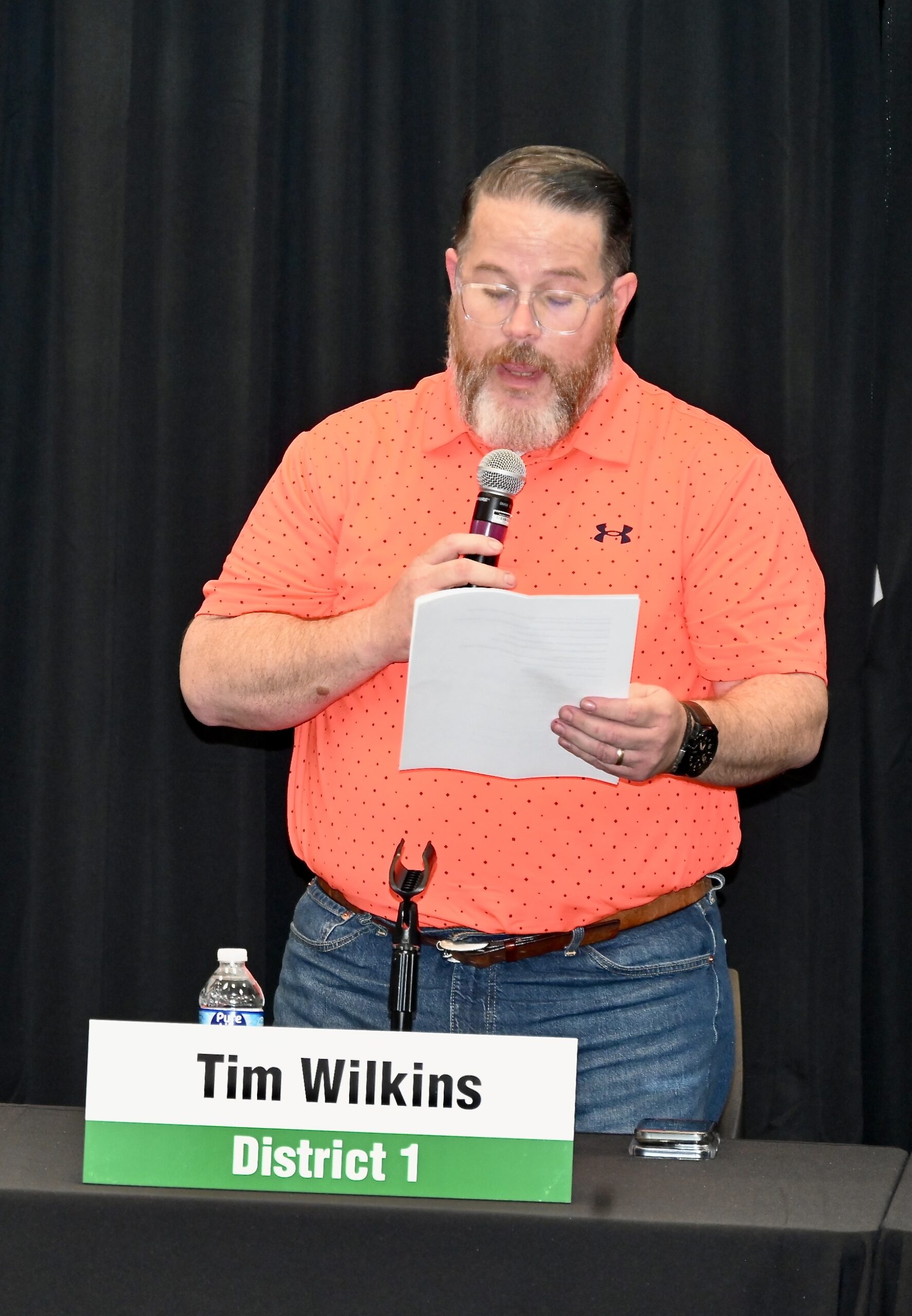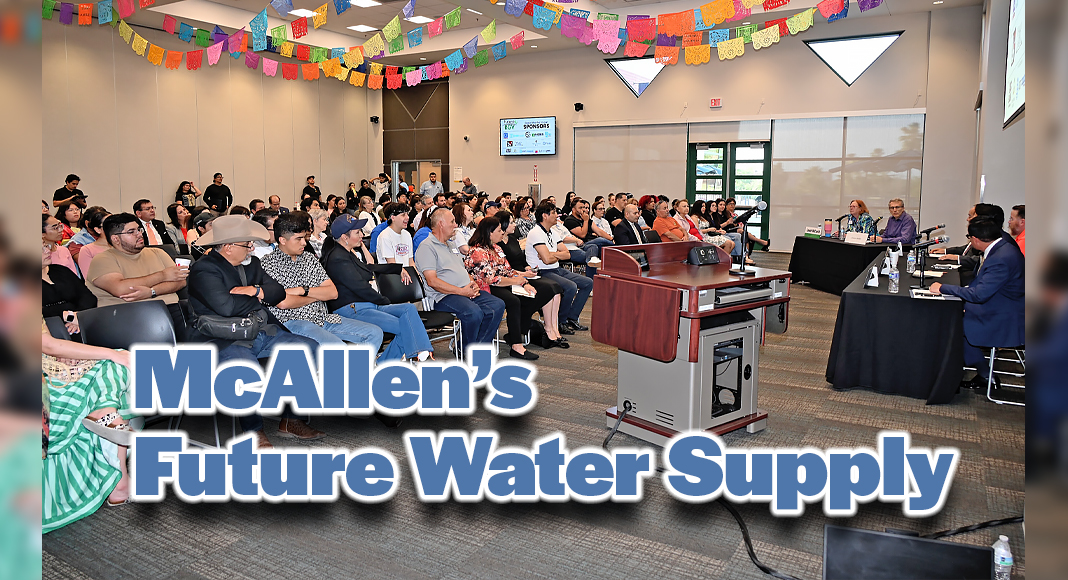
Texas Border Business
By Roberto Hugo González
Water scarcity emerged as a central issue during the FUTURO RGV candidates’ forum, as incumbents Tony Aguirre (District 1) and Omar Quintanilla (District 3) addressed the city’s long-term strategy for securing new water sources. As droughts strain local reservoirs and demand continues to rise with regional growth, both candidates emphasized McAllen’s proactive measures—specifically, desalination and the drilling of wells.
Commissioner Aguirre, who has extensive experience through his decades at McAllen Public Utility, highlighted the urgency and complexity of the city’s efforts to secure alternative water supplies. “The City of McAllen Public Utility has already hired an engineering firm,” Aguirre explained. “We’re looking at a desalination plant that will cost in the range of around $200 million.”
Aguirre stressed that securing funding is a key obstacle. “How and where do we get $200 million? That is what we are searching for and doing,” he said. He pointed to a significant initiative from state leaders that could help. “The governor and the state legislature right now are doing an initiative to put a billion dollars a year for 10 years for the state of Texas water needs. We need to—and are fighting to—get our share of those $10 billion.”
Desalination, Aguirre explained, would involve using groundwater rather than river or reservoir water and purifying it for municipal use. “We bring it up, treat it in a manner in which it is efficient to try to get the lowest cost and the safety part of it,” he said. However, he also acknowledged, “It’s a long and complex thing.”
Commissioner Omar Quintanilla offered a similarly detailed response, framing the water supply challenge as a multi-year initiative that is already underway. “The city has already embarked upon an initiative to drill wells in the northwest part of McAllen,” Quintanilla said. “It’s a plan that will take about four or five years to complete.”
He outlined the stages already in progress. “We’re already working on the infrastructure part, the planning part, the architectural part. Within the next 12 months comes the financing part,” he explained, emphasizing the importance of moving steadily through each phase.
Quintanilla also spoke of the practical limitations of depending on rainfall or traditional water sources. “Fortunately, we were able to receive some rain to help with that problem,” he said, “but we can’t rely on that.”
Both incumbents recognized that addressing the city’s water future requires sustained leadership and funding partnerships at the local, state, and federal levels. They also signaled a commitment to long-term planning and infrastructure investment, even when the benefits may not be immediately visible.
While specific timelines and funding strategies remain fluid, their message was consistent: securing McAllen’s water future will require innovation, strategic investment, and coordinated effort. As Aguirre stated clearly, “There is a lot of work being done to solidify our future water needs.”
During the event, FUTURO RGV President Mark Murray emphasized the organization’s mission, stating, “Our goal is to drive positive change in government, economic development, educational advancement, healthcare, and public safety. Forums like these bring transparency and accountability to local leadership.”
The highly attended municipal political forum, organized and conducted by FUTURO RGV on Tuesday night and hosted by South Texas College, brought together candidates to discuss key community issues.
Tim Wilkins, who is challenging Commissioner Tony Aguirre for the District 1 seat, could not attend due to multiple family commitments. Tony Forina, External Operations Director for Hidalgo County Precinct 4, addressed his absence by reading a prepared statement on Wilkins’ behalf.
Rolando “Rollie” Rios, who is running against Commissioner Omar Quintanilla for the District 3 seat, was present but offered limited input during the discussion on water-related issues.
See related stories:










